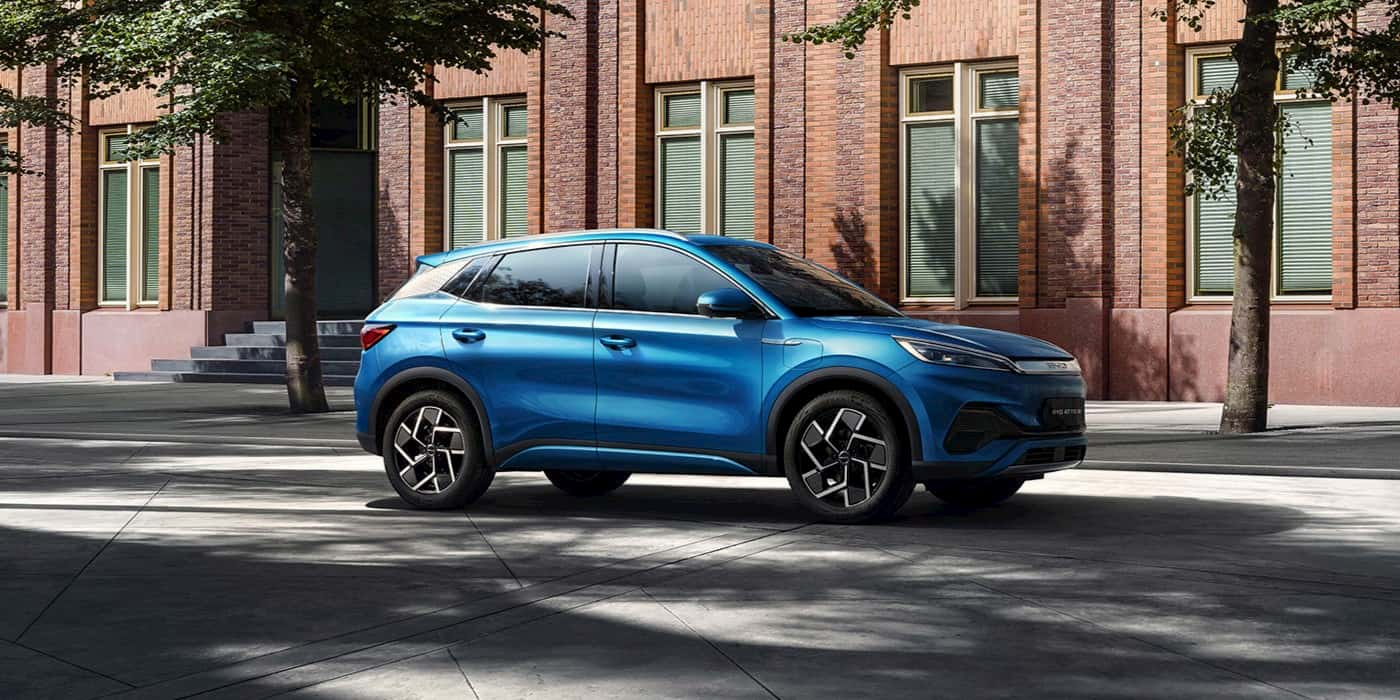
As BYD expands overseas, its latest target could spell trouble for Hyundai and Kia. BYD plans to sell electric cars in South Korea within the first half of this year. Its affordable EVs will compete with the Hyundai IONIQ 5, Kona Electric, and Kia EV6 on the South Korean automaker’s home turf.
After slipping past Tesla to become the largest EV maker globally in Q4, BYD is not slowing down.
The Chinese automaker sold a record 1.6 million fully electric vehicles last year, up 73% from the 911,000 handed over in 2022.
BYD’s affordable EVs like the Atto 3 (Yuan Plus in China), Dolphin, and Seal sedan continue gaining market share in overseas markets. After launching just last year, BYD already represented 20% of Japan’s EV imports in January.
The automaker sold a record 36,174 vehicles overseas last month as demand for low-cost EVs continues building in key markets.
BYD is already a leader in Thailand, Japan, Brazil, and Columbia. It’s also expanding with recent launches in India, Europe, Mexico, Australia, and Indonesia.
Its latest target is already setting off alarms with domestic automakers. BYD will launch EVs in South Korea to compete with Hyundai and Kia.
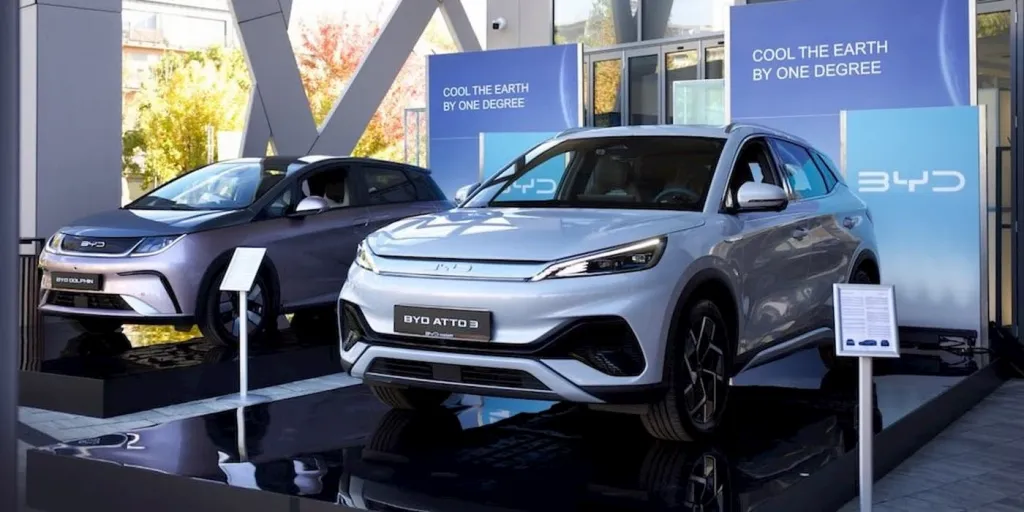
BYD is launching EVs on Hyundai and Kia’s home turf
BYD is expected to meet with Korea’s Ministry of Environment and the country’s Ministry of Trade, Industry, and Energy next month as it aims to sell EVs in Korea. Sources familiar with the matter confirmed the news on Monday.
According to The Korean Economic Daily, automakers need environmental and safety certifications to sell electric cars in the country, including the vehicle’s range, energy efficiency, and battery safety. The cars then undergo an eligibility review for state subsidies.
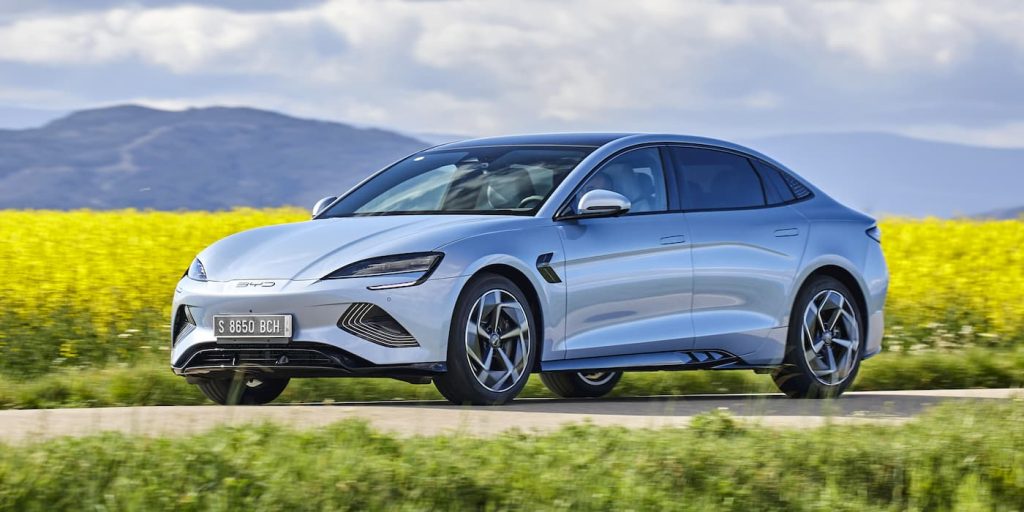
With the process taking about two or three months, BYD is expected to begin selling EVs in South Korea within the first half of this year.
Sources said the first BYD EV to launch will be the Atto 3. The electric SUV is BYD’s best-seller, with over 100,000 units sold overseas last year. BYD’s Atto 3 accounted for 40% of its global EV sales.
The company also plans to launch its Dolphin electric hatch and Seal models as it looks to gain market share in Hyundai’s home market.
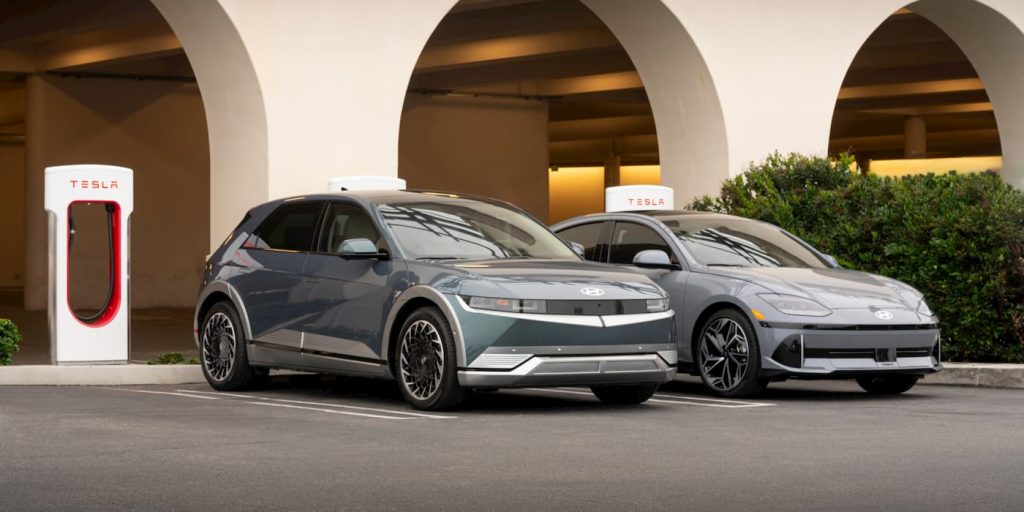
According to industry sources, the Atto 3 will compete with Hyundai and Kia electric models, including the IONIQ 5, Kona Electric, Kia Niro EV, and Kia EV6.
South Korea’s KG Mobility Corp revealed a partnership with BYD in November to build an EV battery plant in the country. BYD already sells commercial EVs like buses and trucks in Korea, but it now plans to expand into passenger vehicles.
Entering the global market like a Tsunami
An industry official explained how the move could impact domestic automakers like Hyundai and Kia, saying, “Chinese cars are no longer regarded as low-end models.” The official said, “They are affordable and at the same time good cars,” with improved tech and designs.
Once Chinese automakers shed the image of cheap car manufacturers, they will change the EV landscape not just in Korea but globally.
According to the report, Hyundai Motor’s outside advisory committee said, “Chinese automobiles are crossing the Great Wall of China and entering the global market like a tsunami.” They explained, “Hyundai and other global automakers are losing their market.”
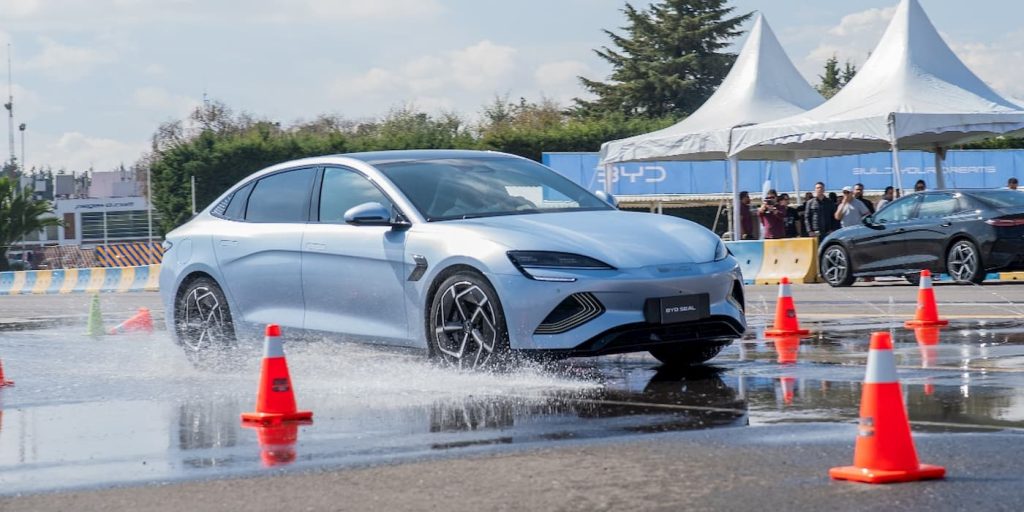
BYD’s upcoming EV plans leaked in China last week, revealing several new exciting EVs launching in key segments.
A new “Champion Edition” Dolphin EV will kick things off with a bigger battery and more range. Dolphin sales reached nearly 19,000 alone last month, up 7% YOY after launching in Mexico, Japan, and Europe.
BYD is also launching two new mid-size electric SUVs aimed at Tesla’s top-selling Model Y, the Sea Lion 07 and Song L.
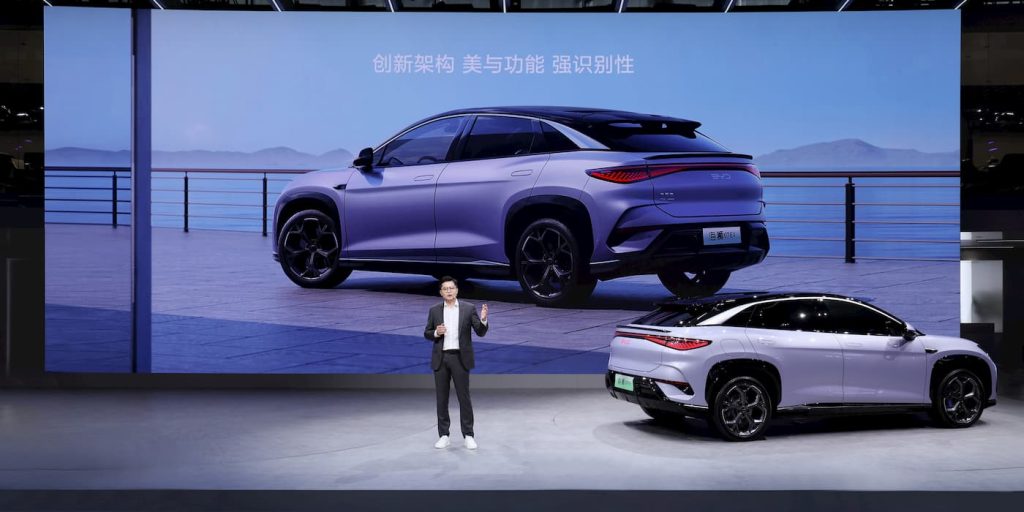
The Sea Lion 07 is arguably BYD’s sleekest electric SUV yet led by former Lamborghini and Audi designer Wolfgang Egger. At 4,830 mm long, 1,925 mm wide, and 1,620 mm tall, the Sea Lion 07 is about the same size as the Tesla Model Y (4,760 mm long, 1,921 mm wide, and 1,624 mm tall).
It will also compete with Hyundai’s IONIQ 5 (4,625 mm long, 1,890 mm wide, and 1,625 mm tall).
Electrek’s Take
Although industry officials expect BYD expanding new markets will “change the EV landscape,” Hyundai is already making a significant impact on its own.
Hyundai sold nearly 269,000 EVs last year. Including Kia, Hyundai Motor topped Ford and GM to become the second largest EV seller in the US behind Tesla.
With dedicated EVs built from the ground up, like the IONIQ 5 and Kia EV9, Hyundai Motor also expects to expand this year. Hyundai plans to sell around 300,000 EVs this year, or about 12% YOY growth.
Hyundai aims to become a top three EV producer by 2030 with 18 new models and about two million in sales. With 1.6 million EVs sold last year, BYD is already nearly there.
